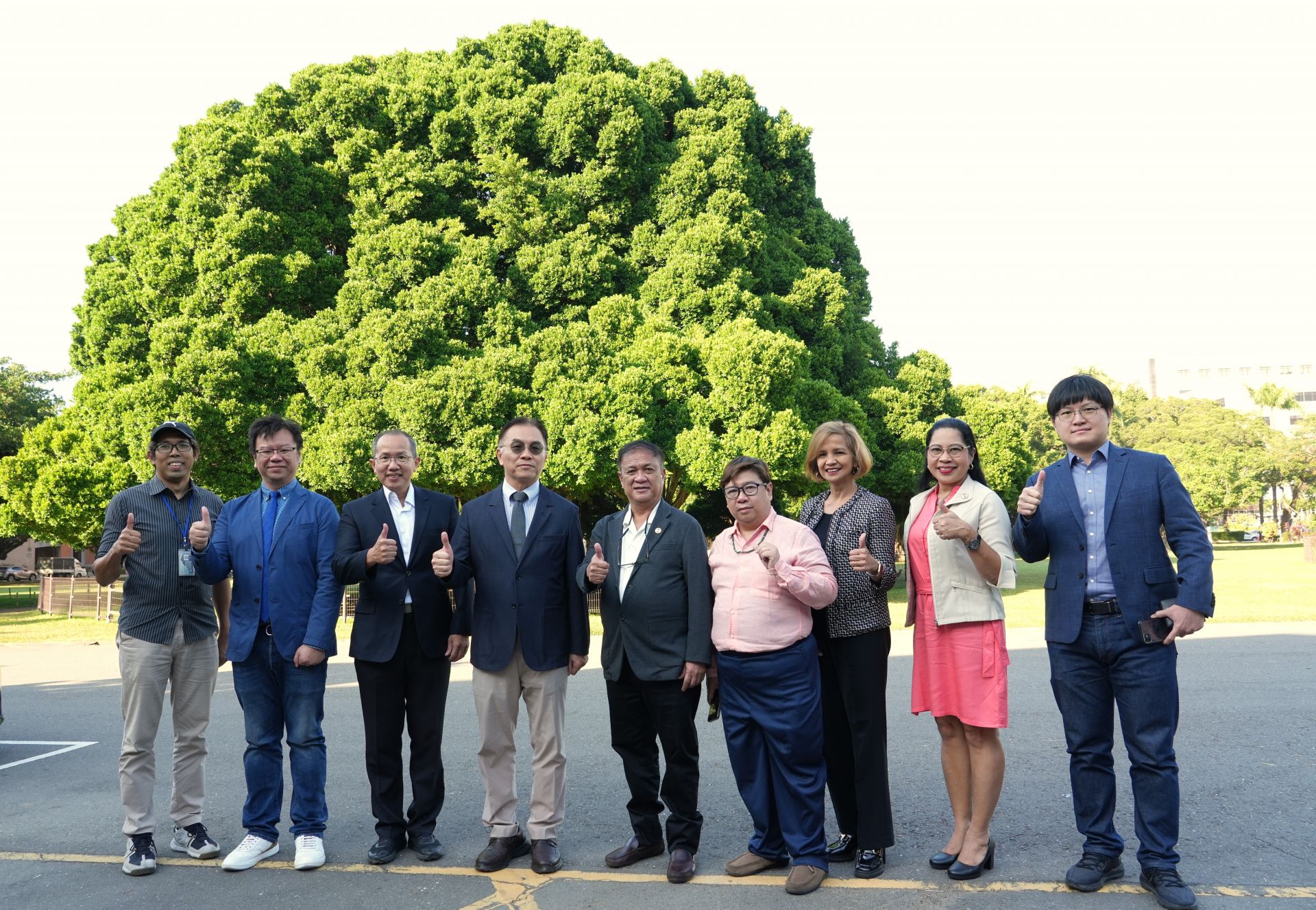NCKU's Academy of Innovative Semiconductor Hosts Seminar to Promote Industry-Academia Exchange of Third-Type Semiconductors
Established in October 2021, the NCKU AISSM has since signed collaborations with 17 companies, totaling over 150 industry-academia projects with a combined value surpassing NT$200 million. The academy anticipates involvement from at least three additional companies in the upcoming year. During the opening ceremony on the 26th, Dr. Yan-Kuin Su, Director of NCKU AISSM, emphasized the broadening applications of third-type semiconductors, particularly in high-power scenarios, and expressed hopes for fruitful collaborations between academia and industry to advance Taiwan's presence in this field.
The primary challenges facing third-type semiconductor development lie in power actuation and reliability verification, constrained by factors like high risk coefficients and high-voltage current testing. Establishing comprehensive testing layouts could significantly enhance the development capabilities for green energy and electric vehicles, thereby shortening the time from product development to market launch and bolstering Taiwan's semiconductor industry competitiveness on the global stage.
NCKU AISSM has actively pursued research in third-type semiconductors, supported by funding from the Ministry of Education and the National Development Fund, with a dedicated cleanroom facility established at the Nankang campus for high-power device fabrication and testing. The facility has already completed a 3kV, 200A testing line and is set to finalize a 10kV, 500A dynamic-static testing line by 2025.
With growing attention to energy conservation, electrification, digitization, and sustainability, the semiconductor industry plays a pivotal role, with SiC and GaN wide-bandgap materials offering significant advantages over traditional silicon in terms of high-temperature, high-voltage, and high-frequency efficiency, particularly in applications like electric vehicles and solar converters.
The seminar commenced with Mr. Chiao-Yang Cheng, General Manager of Wah Hong Silicon Materials Co., Ltd., exploring the relationship between silicon carbide substrates and epitaxy. Following this, Professor Ping-Yueh Chueh from the Institute of Electronics at National Yang-Ming Chiao Tung University discussed the "Localized Oxidation Technique and Application of Silicon Carbide." Professor Kun-Yen Lee from the Department of Engineering Science and Ocean Engineering at National Taiwan University delved into the "Relationship Between Silicon Carbide Power Devices and Materials."
After a brief interlude, Dr. Hao-Chung Kuo, Director of the Semiconductor Institute at the Hon Hai Research Institute of National Yang-Ming Chiao Tung University, shared insights into the "Recent Developments of GaN and SiC Wide-Bandgap EV Semiconductors." Mr. Ming-Wei Tsai, R&D Manager of Darfon International Co., Ltd. Taiwan Branch, analyzed the "Industrial Trends and Challenges of Silicon Carbide Components." Professor Tsong-Jen Leang, a distinguished professor in the Department of Electrical Engineering at NCKU, then discussed the "Application of Wide-Bandgap Devices SiC and GaN in High-Performance Power Converters," offering attendees valuable insights into the efficient conversion of electrical energy and electronic power aspects of third-type semiconductors.
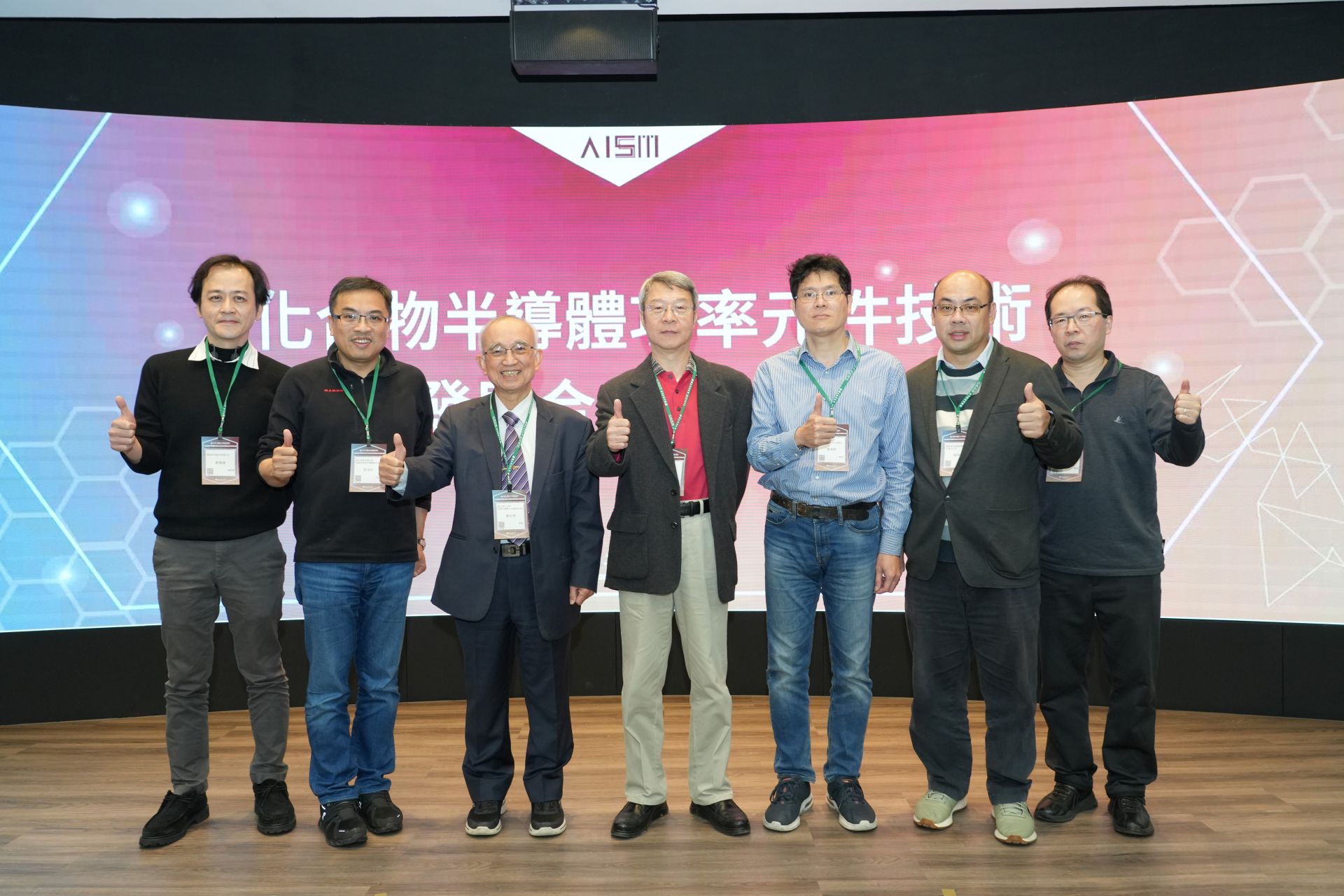
NCKU's Academy of Innovative Semiconductor is actively advancing research and development in third-type semiconductors. It hosted the "Seminar on Compound Semiconductor Power Device Technology Development," featuring presentations by industry and academia leaders. The event aims to collectively promote Taiwan's prominence in the field of third-type semiconductors.
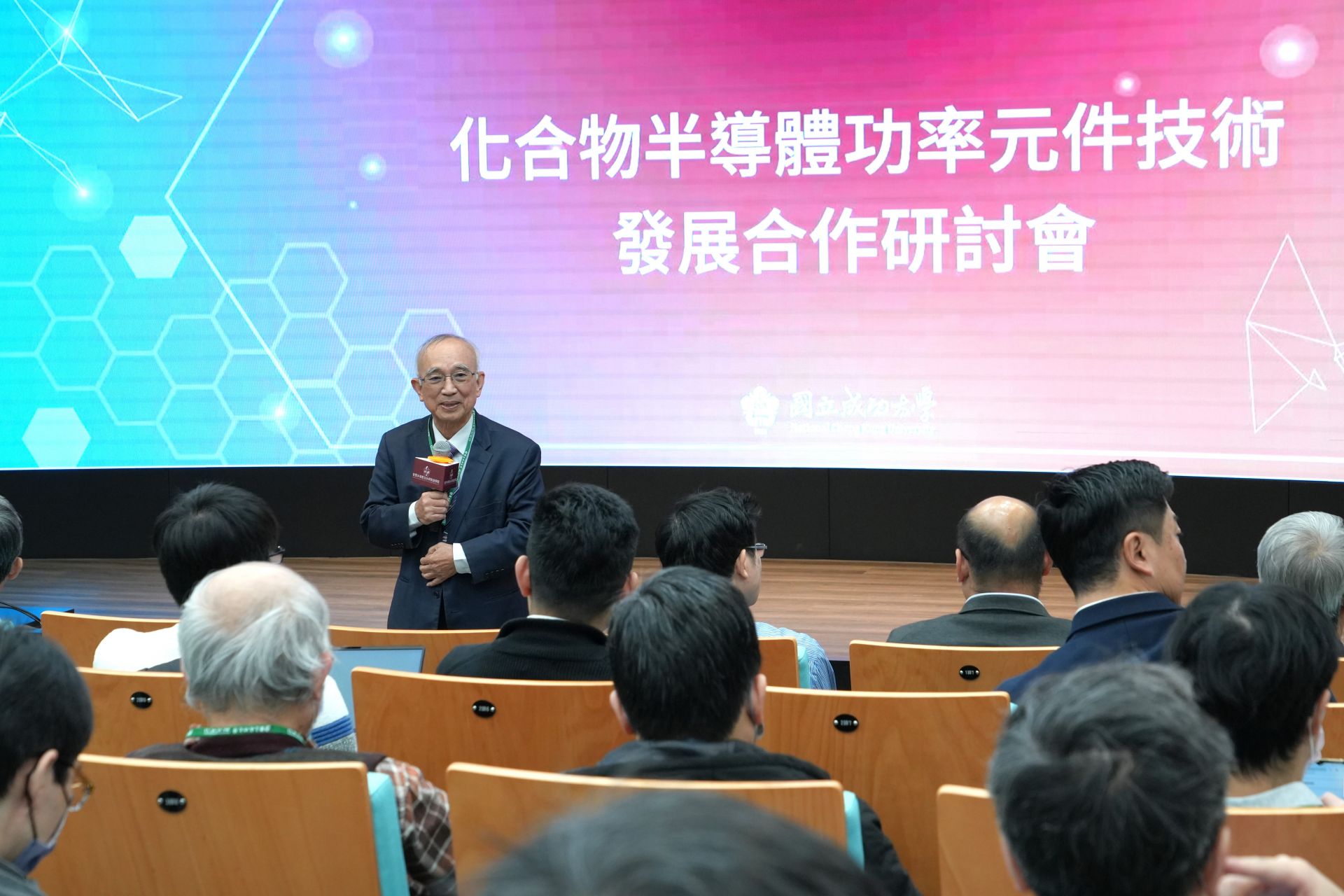
NCKU's Academy of Innovative Semiconductor is actively advancing research and development in third-type semiconductors. In addition to fostering industry-academia collaboration through seminars, it is also progressively establishing environments for the fabrication and testing of high-power components. The aim is to expedite the development-to-market process, enhancing Taiwan's competitiveness in the semiconductor industry on the global stage.
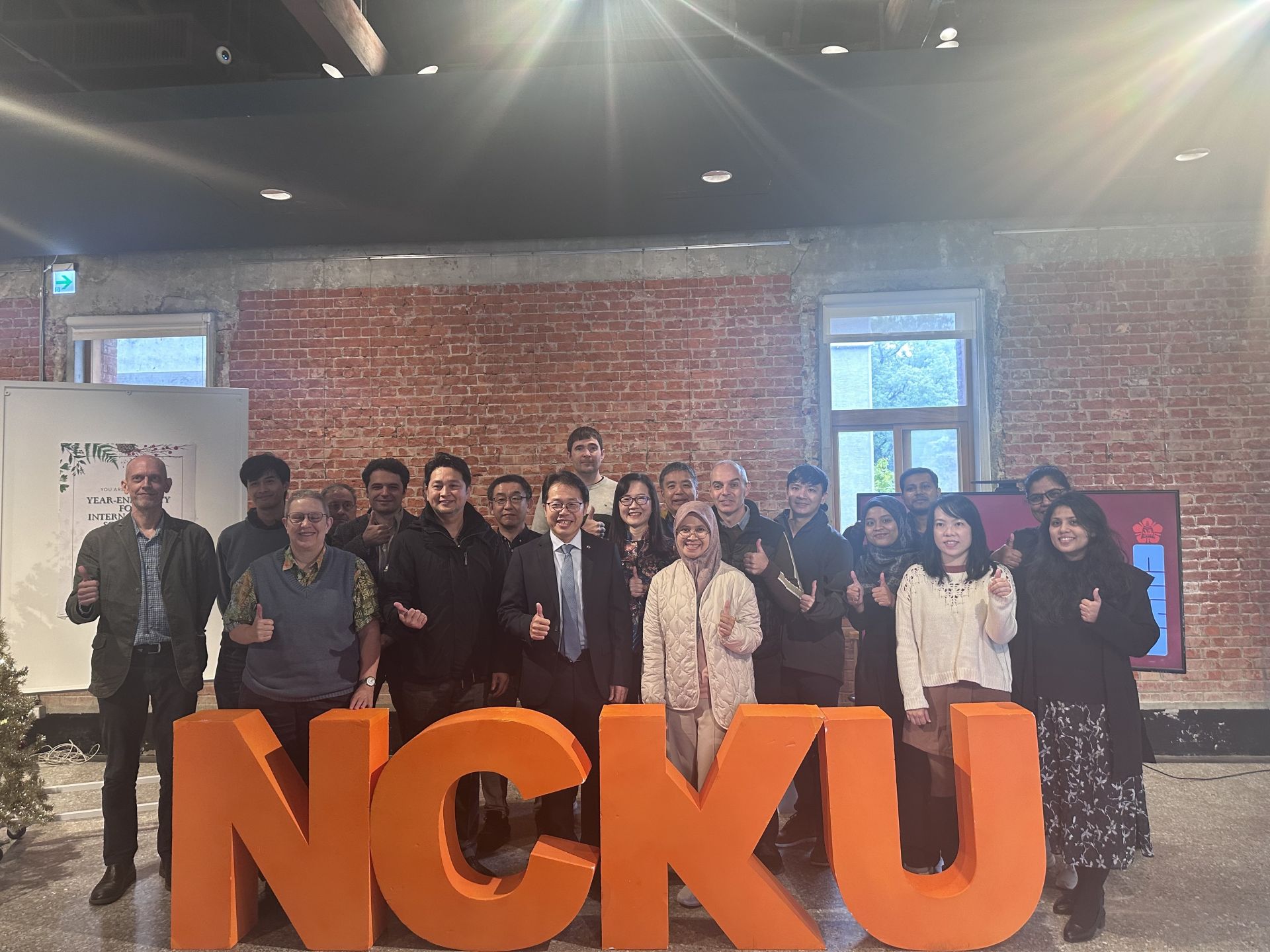
SDG17Year-End Exchange and Sharing Event for International Scholars: A New Chapter in International Academia Unfolds
View more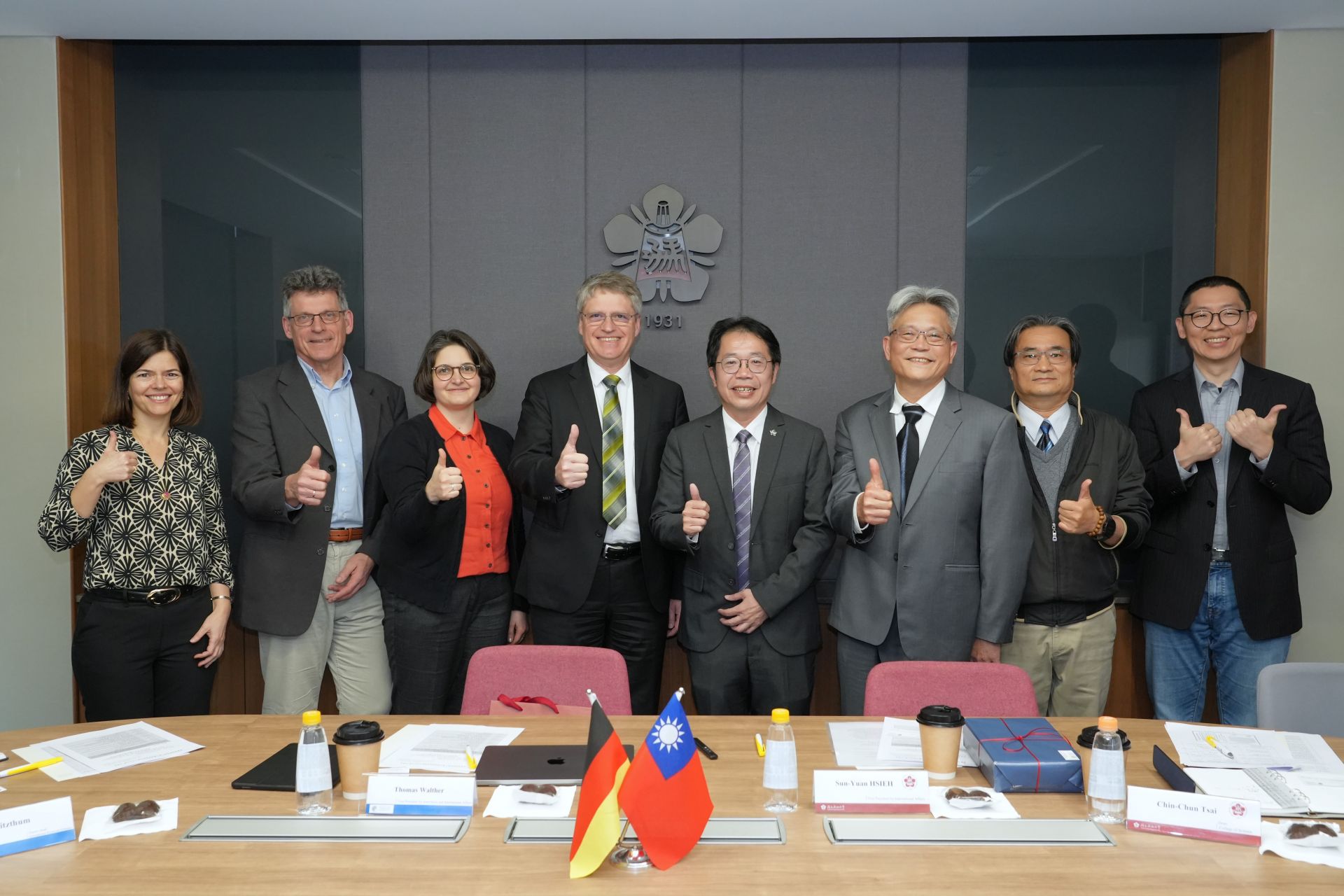
SDG17TU Darmstadt Visits NCKU to Strengthen Longstanding Partnership and Explore New Research Opportunities
View more